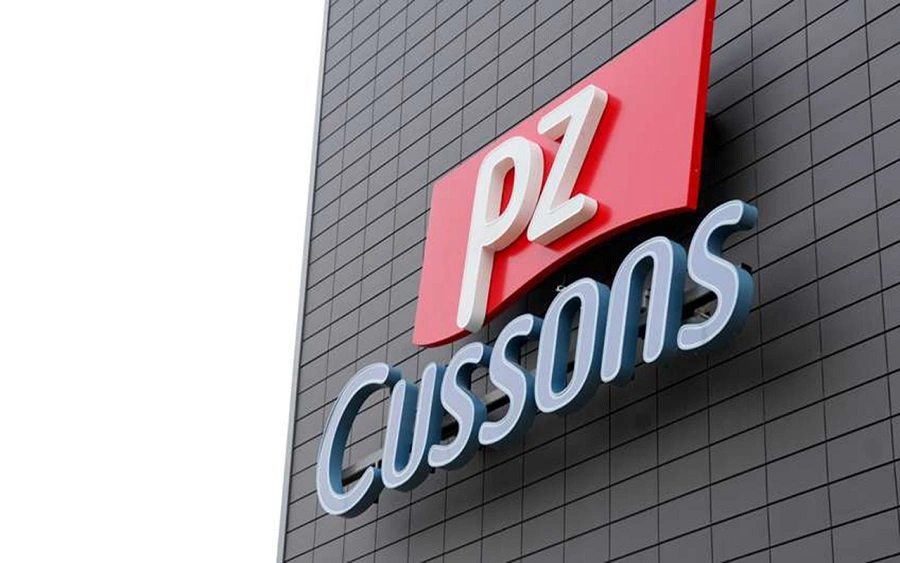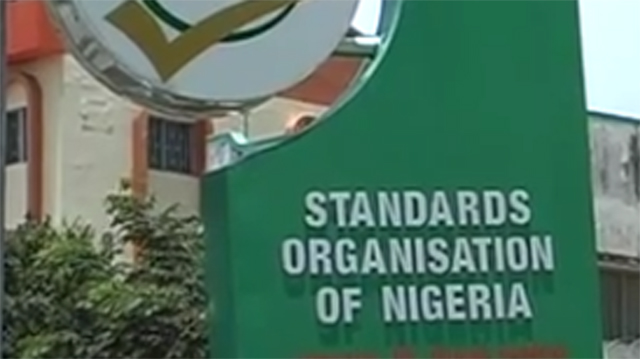Last week, we commenced a conversation on 12 Assumptions slowing down your performance and how emotional intelligence can come to your rescue. We looked at 4 of the 12 assumptions namely – Assumption #1 – More Meetings Are A Sign Of Productivity. Assumption #2 – Aptitude Is More Important Than Attitude. Assumption #3 – Everyone Understands A Brief and Assumption #4 – Training Should Be for Only Top Executives.
This week, we shall be looking at another 4 Assumptions as follows:
Assumption #5 – Underperformance Is Entirely An Employee’s Fault
Without absolving an employee from taking personal responsibility, it must be said that productivity is a function of multiple causalities. Whilst an employee’s talent and work ethic is on one side of the equation, the kind of work environment leaders and team members create is on the other side of the equation. The question is, to what respective degrees are the employee and the organization responsible for a low level of productivity? An audit of key performance indicators, resources available to support those targets and the climate created by both parties determines performance. Organizational awareness is one of the critical skills of emotional intelligence where leaders are really committed to (i) discovering the kind of culture persists in the organization and (ii) developing a peak performance culture which demands high level performance from team members while also delivering a high level of service to these team members.
Assumption #6 – Criticism Is a Sign Of Disloyalty
As much as team members should be aligned in their collective thinking, there should be room for different perspectives. Groupthink is one of the threats to productivity because everyone could be blinded by a seemingly great idea but it takes a divergent view sometimes to unlock super levels of productivity. Thus criticism may come from a place of concern, not that whoever propounded such is a dissent. It’s dangerous when everyone always agree on everything; boardrooms shouldn’t be diverse only in talent, gender and generation but also in thought-process. All feedback cannot be pretty; some can be harsh but it is better a team member calls something out, than for the market to call it out which may come with dire consequences. Conflict management is one of the critical skills of emotional intelligence where leaders commit to resolving differences without being vindictive towards those with different viewpoints.
Assumption #7 – Every Employee Has to Work the Same Way
This assumption is founded on the myopic thinking where a leader assumes that every employee should adopt their workstyle. This is not about work ethic; this is about workstyle. Whilst everyone should adhere to organizational guidelines, there should still be room for personal creativity – else monotony will stifle productivity. The most important thing to a leader should be having team members deliver results with adherence to the general codes of conduct and meeting of key performance indicators. Policing employees on their methodologies (which doesn’t compromise quality or regulation) shouldn’t be discouraged. Inspirational leadership is one of the critical skills of emotional intelligence which empower leaders with the competence to guide their team to bring out their best – this includes in this case, allowing them certain freedoms when working.
Assumption #8 – Working Longer Means Working Better
Some leaders assume that keeping their employees for longer than working hours somehow leads to higher productivity when they might just be keeping up appearances. Owing to the power-dynamics in an employer-employee relationship, employees play along without necessarily churning out more work. When we leaders try to squeeze more from a fatigued team member, the law of diminishing returns sets in with the team members delivering poor quality work with longer time investment. Influence is one of the critical skills of emotional intelligence which equips the leader with the competence to engage team members to get work done not because they have to, but because they want to. When you gain buy-in even if on occasion there must be longer working hours, much can be achieved by consensus rather than coercion.
Growth Opportunities
To further position your leaders for peak performance, you can download a free copy of the latest edition of The Peak Performer Magazine You can also enrol your Mid-level Leadership Team for the Made4More Accelerator Program and your Senior Leadership Team for the Dr. Abiola Salami International Leadership Bootcamp 2024 We also have an upcoming training for leaders in public service
About Dr. Abiola Salami
Dr. Abiola Salami is the Convener of Dr Abiola Salami International Leadership Bootcamp and The Peak PerformerTM. He is the Principal Performance Strategist at CHAMP – a full scale professional services firm trusted by high performing business leaders for providing Executive Coaching, Workforce Development & Advisory Services to improve performance. You can reach his team on hello@abiolachamp.com and connect with him @abiolachamp on all social media platforms.













